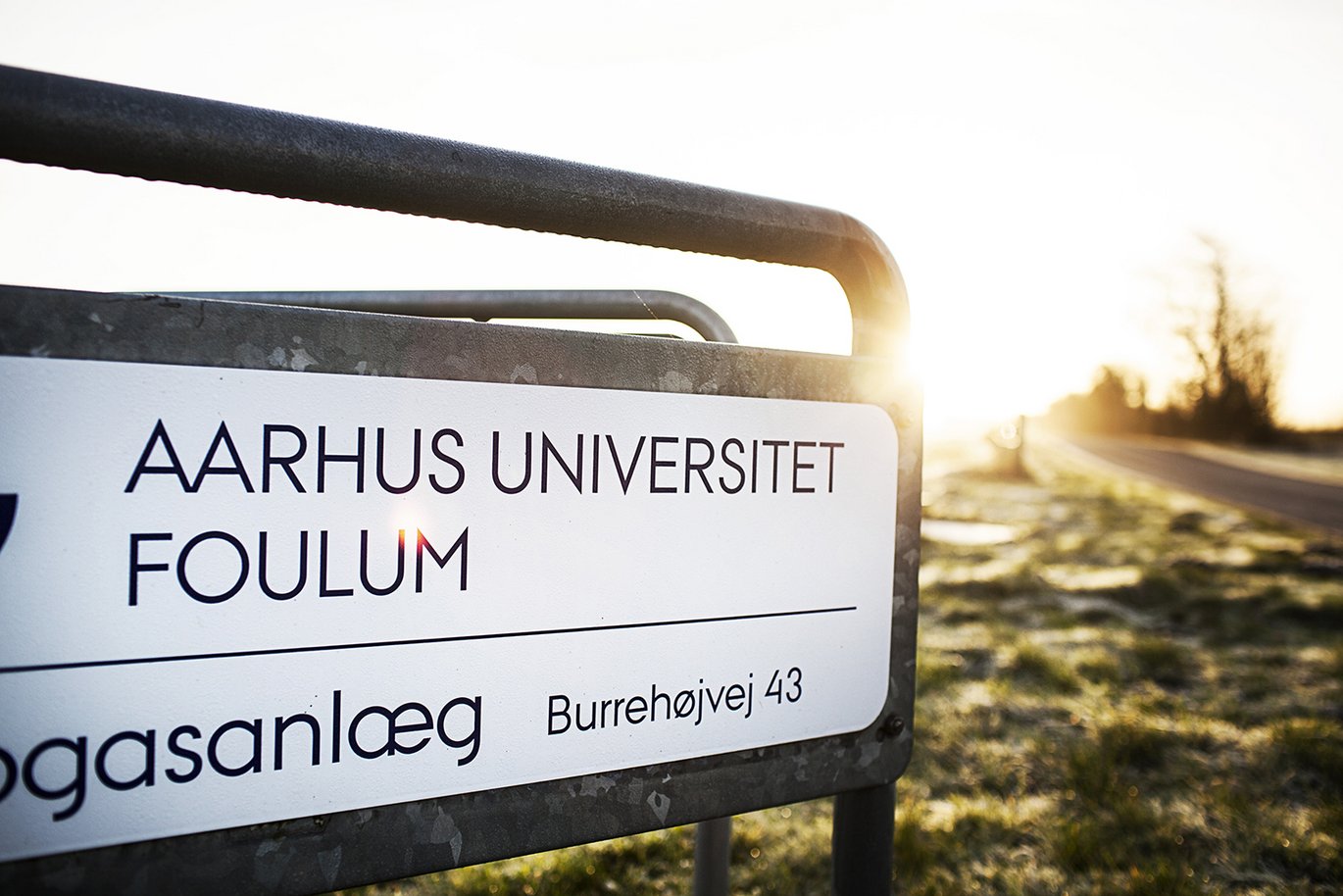Local wind power to make biogas greener
A new research project will use renewable energy from local, privately owned wind turbines to improve the efficiency of Danish biogas production at large scale. The target is a 100 per cent green gas grid.

In a new research project, Aarhus University will collaborate with knowledge partners, technology suppliers and the energy sector to investigate how electricity from small, local wind turbines can be utilised to improve the efficiency of Danish biogas production.
The project, called H2GreenGas, is being funded by Energy Cluster Denmark.
The project will utilise an obvious synergy effect between unprofitable, privately owned wind energy and the possibility for more efficient biogas production. The wind energy can be used to split water molecules to form hydrogen. This hydrogen can be used in a biogas plant where not only methane is formed, but also large volumes of CO2. However, by adding hydrogen, the microorganisms in the plant can convert CO2 into methane in a process known as biomethanisation. The result is better quality and more useful biogas.
- ALSO READ: Breakthrough in separating plastic waste
"Biogas has a high content of CO2, which we expect to be a valuable source of green CO2 in a future without fossil hydrocarbons. If we can upgrade it to green methane, there’s great potential to increase the amount of green gas in the grid and thereby replace fossil natural gas," says Thomas Lundgaard, special consultant at the Department of Biological and Chemical Engineering at Aarhus University.
He continues:
"This is a very exciting project, and we’re approaching something that is ready for full-scale use. Many unanswered questions still require research efforts, but as the technology matures, the challenges to be resolved are just as much about finding suitable business models that can accommodate regulation, quality requirements, financial aspects, etc. – both now and in the future. That’s why it’s exciting to be part of this project in which we have gathered the stakeholders in the value chain around biogas to examine the barriers and opportunities in getting biomethanisation to work on a commercial basis.”
Power-to-Gas has the potential to influence the incentive for privately produced energy that does not use the collective transmission grid. Additionally, it is expected that the integration of Power-to-Gas will also have a positive impact on the climate footprint of energy production.
"Owners of private wind turbines are currently experiencing that the green energy produced by their wind turbines is often unprofitable. Instead of selling it at a low price, the electricity can be used to achieve greater yields in biogas production than today. In this way, Power-to-Gas could become a win-win technology that both improves profitability and makes green biogas production even greener," says Laura M. Agneessens, project manager from the Danish Technological Institute.
During the project period, the consortium behind H2GreenGas will also determine the financial impact of Power-to-Gas production for turbine owners and biogas plants, and thereby also how the concept will affect the financial incentives to construct new wind turbines.
The project is being headed by the Danish Technological Institute and includes the following partners: Landia, Combigas, Green Hydrogen Systems, Evida, Hydrogen Valley, Kuhr A/S, the Danish Technological Institute and Aarhus University.
The project is being funded by Energy Cluster Denmark with DKK 375,000.
Read more about the project here (in Danish only).
Contact
Thomas Lundgaard, special consultant
Aarhus University, Department of Biological and Chemical Engineering
Mail: thomas.lundgaard@bce.au.dk
Tel.:+45 29163135
